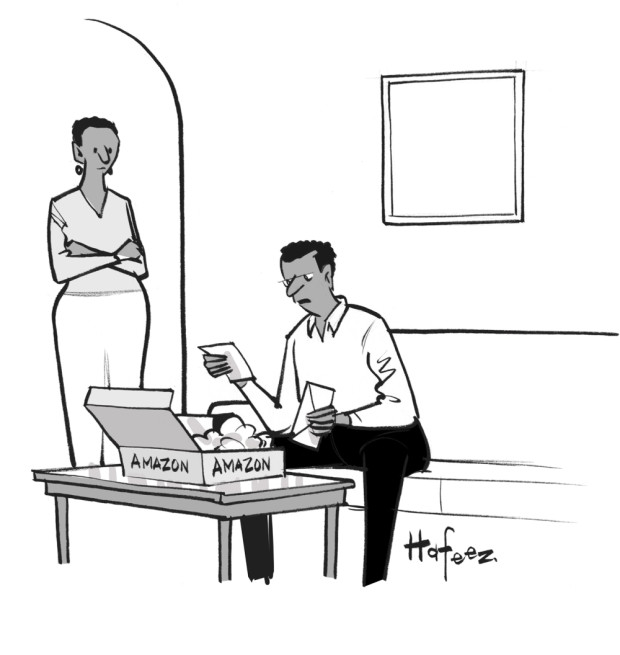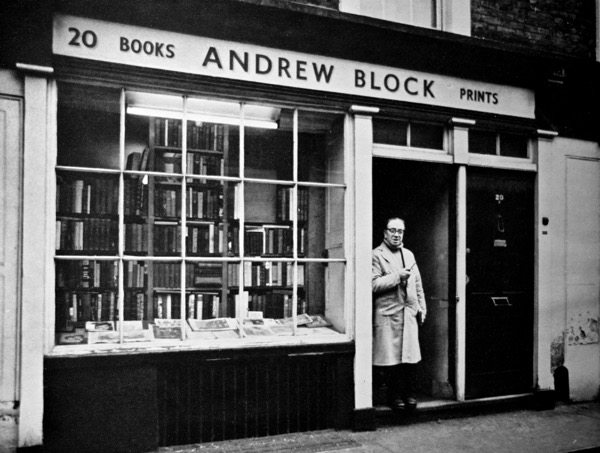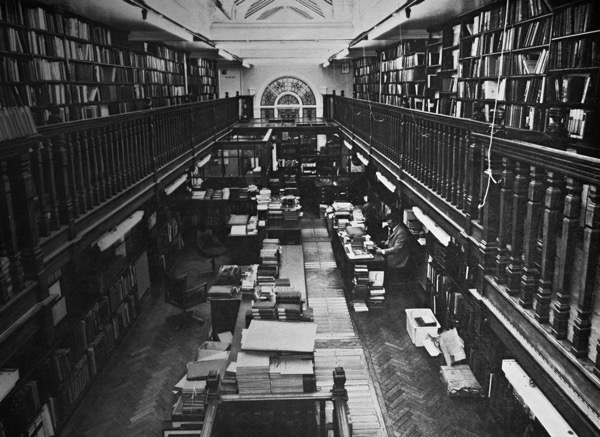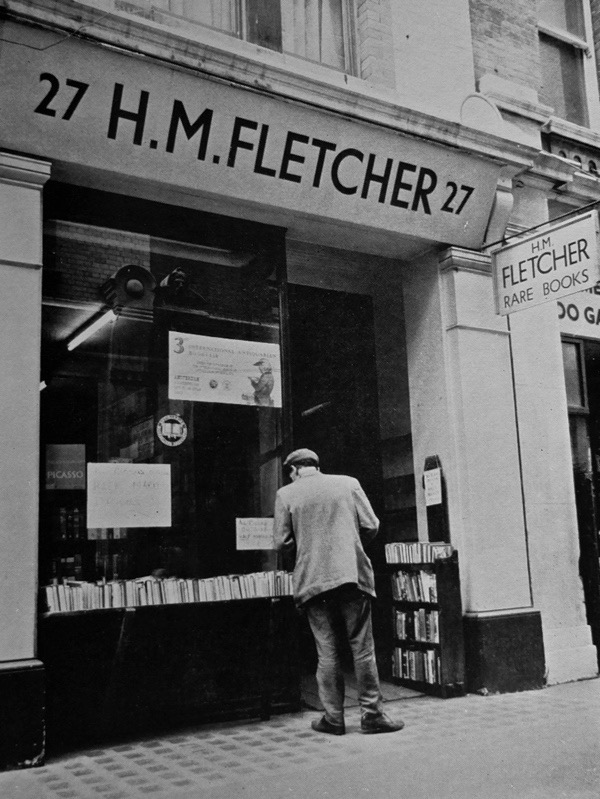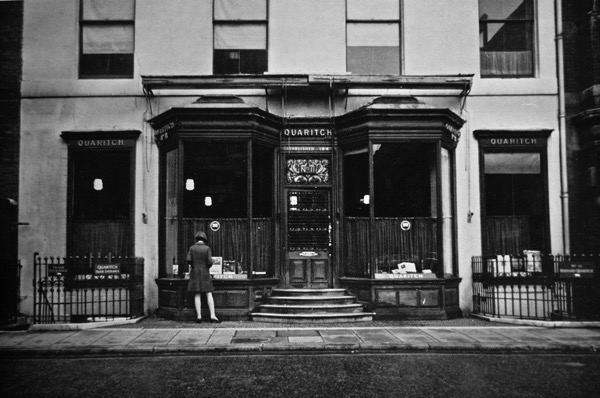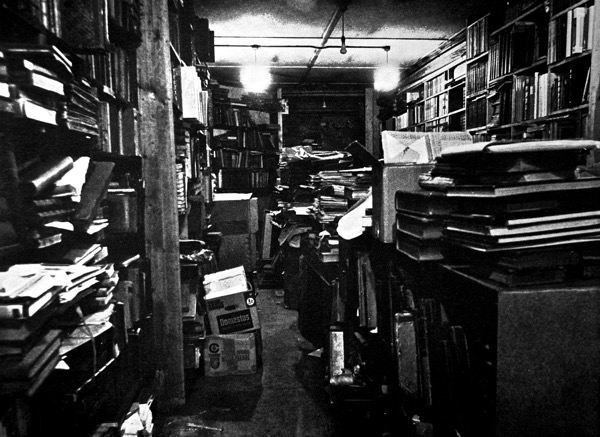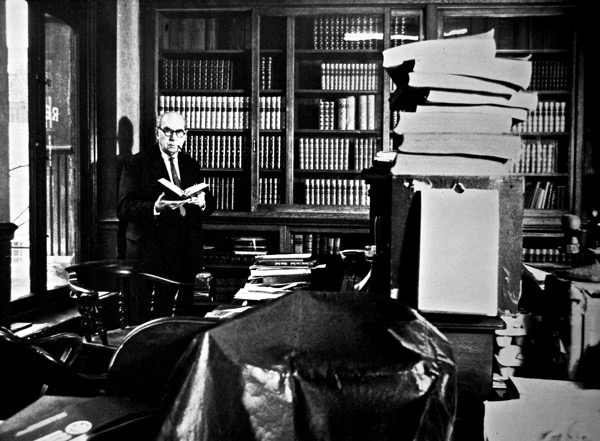Also at The New Yorker, Brian Patrick Eha writes about the closure of Brazenhead Books, Michael Seidenberg’s secret New York bookstore:
Michael Seidenberg’s one-of-a-kind bookshop, Brazenhead Books, closed last month. For seven years, it operated out of an apartment at 235 East Eighty-fourth Street. Of course no bookstore or other business had any business being there, in that rent-stabilized apartment, so it was, strictly speaking, illegal, and because it was illegal it had to be secret. The secret was known to a small number of discreet patrons and shared strictly by word of mouth. (At first, Michael saw customers by appointment only.) Inside, the windows were blacked out and covered with shelves. On bookcases, in every room, volumes of all sizes in serried ranks rose two deep from floor to ceiling. More were stacked on desks and tables and grew in unsteady columns from the floor. There was a stereo (covered in books), a few chairs, and a large desk in the front room (likewise all but submerged), on which Michael kept a half dozen or so bottles of wine and spirits, a tower of plastic cups, and a bucket of ice.
Walking in, you might find a handful of patrons lounging on chairs with drinks in their hands, or browsing amiably, making conversation, generally about books, but often ranging widely into art, politics, personal life stories, and the history of New York. In the same way that children imagine adults living in perfect freedom, enjoying all the cookies and television they want and staying up till all hours, Michael’s shop was what a bookish child might dream up as a fantasy home for himself, a place far from any responsibilities, where he would never run out of stories.
The good news is that Seidenberg plans to reopen the store elsewhere. Until then, you can watch this video about the old location.
Like this:
Like Loading...

